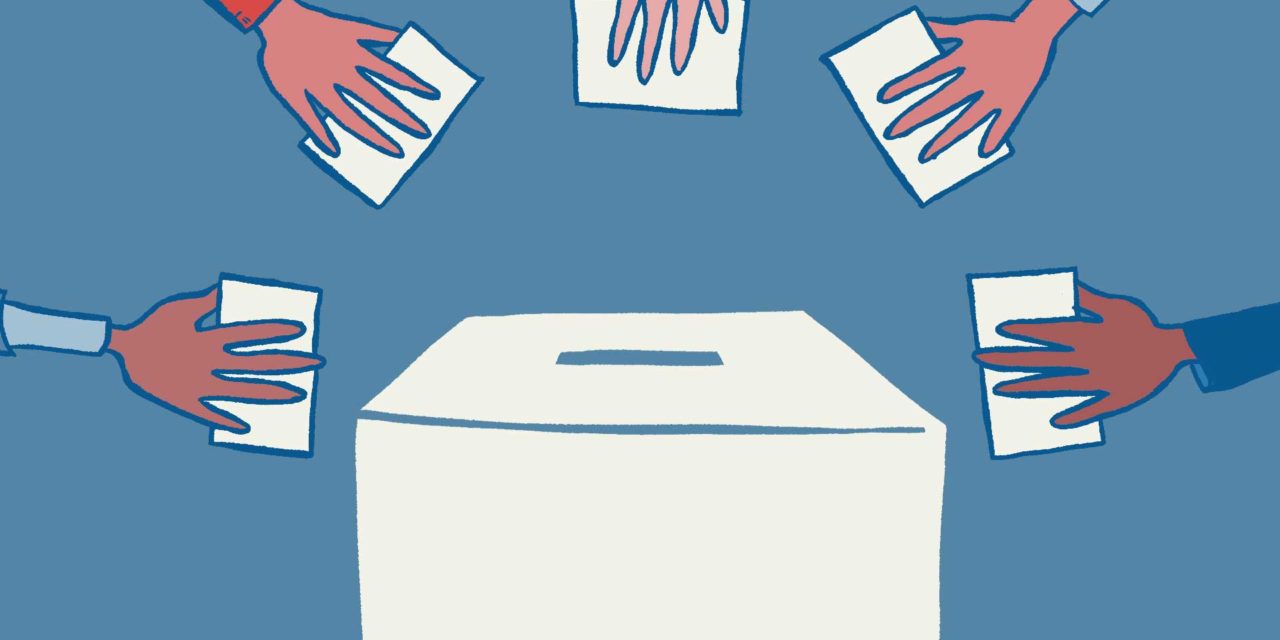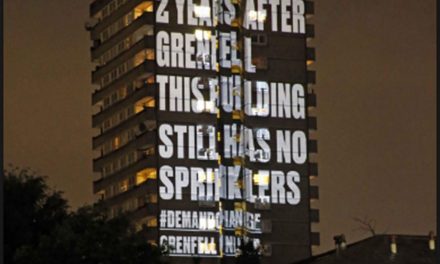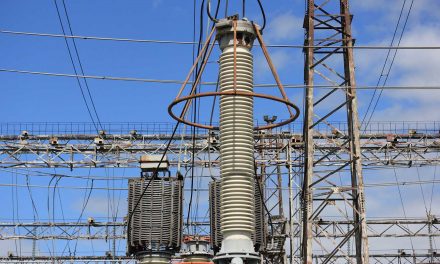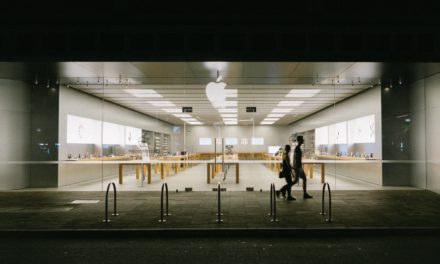Before moving to the UK from Canada a couple of months ago, my understanding of British politics was based on memes of the royal wedding. However, my position as a journalist led me to quickly catch up to the storm that is Brexit. I often went to Westminster and stood for hours with other journalists anticipating an announcement of a parliament suspension or a general election.
The fragility of the British political climate approaching the October 31st deadline became my version of a treat for Halloween. But British politics, as a Commonwealth citizen, was something for me to watch from the sidelines.
Earlier this month, I found out that it was time to abandon the bleachers and get on the field. I got a notification from a Facebook group I’m a part of called “Canadians in London”. It had a new post about voting in the December General Election.
To my initial disbelief of being able to vote in the UK as a non-citizen, I looked it up myself.
According to the government website, you must be a British, Irish, or a qualifying Commonwealth Citizen in order to register to vote. You also need to have a UK address.
I’m a firm believer in the voting process so I was ecstatic at the opportunity to do so as a resident of this country. Then I read the post’s comments:
“And yet British citizens living in the Commonwealth can’t vote or intervene in domestic politics…” someone said.
This was followed by: “You’ve been independent for a couple of hundred years now… get over it,” as an argument to rebut the voting rights of non-UK citizens.
First, the British have intervened enough in foreign politics, which hasn’t ended well. Out of all the countries and states recognised by the UN, Britain has invaded all but 22. Most of the colonised regions gained their independence in the mid to late 20th century.
And second, Canada has only been independent for 152 years, but the British North American Act was finally replaced with the Constitution in 1982. Canadians also continue to have the Queen as our Head of State.
But this person isn’t the only one who thinks non-UK citizens shouldn’t be able to vote. According to the Independent, a group called Migration Watch UK calls the rights of Commonwealth voters “a hangover from the days of Empire” and is advocating to bring it to an “end immediately”.
In response to the Migration Watch, a Cabinet Office spokesperson said: “The right to vote in UK elections for Commonwealth citizens who live here reflects our close historical ties with Commonwealth countries.”
“Parliament has previously taken the view that these rights should not be changed.”
Though I was still keen to vote, I thought a lot about why I would cast a ballot in the UK as a non-citizen. Who am I to know what the British people want?
Here are some reasons I’m going to vote as a non-UK citizen:
I live here and British polices affect me
Even though I’m not British, I plan to live in the UK long-term. With the topic of migration fuelling the elections, it is important for me to have a say in how work permits, visas and health care are dealt with. EU citizens do not pay for visas to work or live in the UK, whereas Commonwealth countries like Canada pay hefty sums.
Because so many people can’t
A 2017 study by the Pew Research Centre estimated that 800,000 to 1.2 million unauthorised migrants lived in the UK. Which means close to a million people in the country cannot vote. Others who cannot vote include residents who hold citizenship from the 22 countries Britain did not invade, prisoners, people under the age of 18, and the Queen.
Voting is a right that came into the hands of immigrants, people of colour, women, and people of different abilities after years of suffrage. Yet it is still trying to be taken away from citizens through voter suppression today. Now, when it’s given to me, even as a Commonwealth citizen in the UK, I refuse to waste it. I feel that I represent more than myself when I vote.
I contribute to the economy and pay taxes
I, as much as someone with a British passport, contribute to the British economy and pay my taxes. MPs also represent me in the House of Commons. Just like other citizens, how the government spends on police forces, climate change, the National Health System and energy impacts me.
My ancestors have served as British subjects
Though I am Canadian, I have Pakistani heritage. The British ruled Pakistan (then India) for 200 years and many Indians served the British Company in both World Wars. The British took not only heaps of India’s wealth and resources, but they divided the country, killing millions in the process. A vote in the General Election barely seems like an act of reparation, but I will take it.
The General Elections are on December 12th, 2019. Register to vote here.
- Travellers are Rethinking Flying as Flight Shaming Takes Off - 1st March 2021
- Oxford-Backed Project Connects Partition Survivors to Their Ancestral Homes - 22nd February 2021
- Helping Your Own: A Young Aslyum Seeker Explains the Importance of Volunteering in the COVID Era - 7th September 2020






